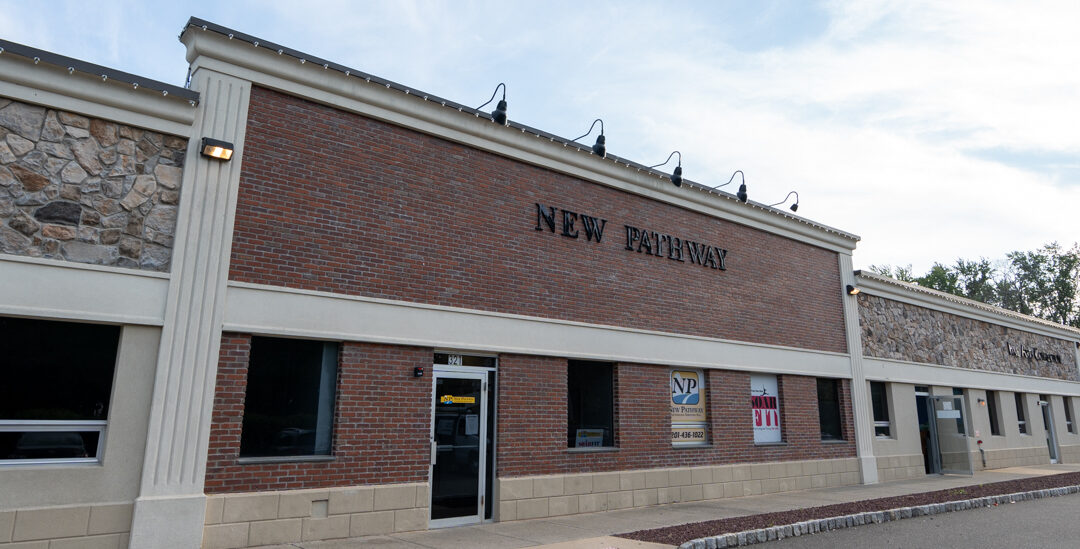Certain medications can help your child with certain conditions, but they also may be misused, leading to the need for teen addiction treatment. As a parent, it’s important to take proactive steps to protect your teen from substance misuse. Being aware of the risks, red flags, and various safety protocols concerning these medications are the first steps to ensuring your teen’s safety.
Your Teen's Transformation Starts
Here!
Guardian Recovery Adolescent can help your teen take control of their lives, putting them on a path to a brighter future filled with possibility.
Understanding Medication Safety Basics
It’s crucial to have a basic understanding of medication safety. First, let’s review the ways a medication can be misused.
- Taking more of the medication than was prescribed by the physician. If your child is increasing the dose and not following the doctor’s prescribed amount, then misuse can occur.
- Using the medication in a different way than prescribed. One example might be crushing and snorting pills.
- Using the prescribed medication for the various feelings it might give and not for the medical condition it was prescribed for. Some medications evoke euphoria when misused, while others may increase energy. Sometimes, medication can simply distract the user from painful feelings or thoughts. If your teen is using medication for any of these purposes, they’re misusing it.
- Using someone else’s medication. This could involve getting medication from a friend, taking a parent’s medicine, or buying substances illicitly.
- Sharing medication with others. Medication should only be used by the person the prescription was written for.
Additionally, parents can help prevent misuse of prescription medications in the home. Prevention tactics include:
- Store prescriptions properly and safely.
- Get rid of expired or unused medication.
- Keep all medications out of reach of children.
- Educate yourself about possible medication interactions.
- Keep emergency phone numbers for poison control, your pharmacy, and prescribing doctors accessible.
Securely Storing Your Teen’s Medications
As mentioned above, properly storing your teen’s medications (and your own) is critical, as doing so lessens the likelihood of misuse. The following tips can help you keep your teen’s medication stored safely.
- Keep medications out of easy reach for children.
- Consider locking up medications if misuse is possible or probable.
- Consider using a daily pill box to track doses and boost accountability if any medication is missing.
- Check the prescription directions for special instructions about the temperature of where medication is stored.
Complimentary Insurance Check
Find Out Today!
"*" indicates required fields
Medication Inventory Management
Keeping track of your child’s medication is a vital component of medication inventory management. It’s helpful to put a system in place so that you can reference it if something seems “off.” Here are some practical steps to implement such a system:
- Organize Medications: Have a specific place where you store all medications. This can be a container, drawer, cabinet, etc. Once you have a designated storage area, organize medications by category type (e.g., allergy meds, pain meds, mental health meds, and so on). Be sure all medication is clearly labeled and in its original containers. You can then group together all the medications that are capable of misuse.
- Maintain an Inventory List: Keep a running list of all the prescription medications by writing down each one’s name, date filled, expiration date, dosage amount, and quantity. Every month, compare when you filled the medication, dosage per day, and how many pills are left. This will indicate if any medication is missing. You can use apps or a simple spreadsheet to track the inventory.
- Plan for Refills: Some pharmacies allow for automatic refills on a regular basis. If not, you can set up reminders on your phone to refill in a timely manner.
High-Risk Prescription Medications
Some medications are a higher risk for misuse in young people. These medications need to be carefully guarded and dispensed. Even if you don’t think your child would ever purposely misuse medication, it’s best to take precautions. Additionally, some children might give or sell the medications to others. The medications that are typically misused include:
- Stimulants, such as Adderall or Ritalin, which are used to treat ADHD
- Sedatives, like Xanax and Ativan, which are used to treat anxiety or sleep disturbances
- Opioids, such as OxyContin (oxycodone), which are used to relieve pain.
Young people—and adults for that matter—may think there is no risk in prescription drugs because a doctor prescribed them. However, that is not the case. These medications can have strong effects on teens. If they are not taken exactly as written, they can be harmful or lead to addiction.
Setting Clear Boundaries With Your Teen
Before your teen begins a potentially risky medication, sit down with them and set up clear boundaries. Education goes a long way in preventing teen addiction. Explain to them what misuse looks like and the potential consequences of misusing the medication.
Some boundaries that you might implement include:
- Have a trusted adult dispense the medication each day.
- Keep children in the loop when checking the inventory. If any medication is missing, discuss it with them immediately.
- Have regular talks with them about the medication’s effects.
Safe Disposal Methods
Having medication around the house that is no longer needed or expired can create added risk for misuse. However, flushing medications can harm aquatic life, water, and septic systems. To help you safely dispose of medications, the U.S. Drug Enforcement Agency has drug take-back events regularly. You can also check with your pharmacist to see if they offer local take-back initiatives.
Recognizing Red Flags
Even with the best system in place, your teen may still misuse prescription medication. As a parent, it’s helpful to recognize some of the red flags of misuse so you can prevent further misuse and/or treat addiction. Common red flags of teen drug misuse include:
- Behavior changes
- Personality shifts
- Moodiness
- Hygiene issues
- Health problems
- Sudden change in friends
- Different eating habits or sleeping patterns
- Trouble at school
- Lack of interest in enjoyable activities
Our Locations
Our Facilities & Teams Transform Lives
Changing lives by providing comprehensive support and rehabilitation, empowering individuals to overcome addiction and regain control of their health and well-being.
Contact Us to Learn More
If your teen is struggling with substance misuse, Guardian Recovery can help. Reach out now to talk to a treatment advisor. They can answer your questions, discuss treatment options, and even verify your insurance or discuss alternative payment options.
In addition, if our teen treatment options seem like a good fit for you and your teen, staff can offer an initial assessment to help you determine which level of care might be the best place to start. The call is free and confidential, and you’re under no obligation to enter treatment with us.
Transformation is possible. Guardian Recovery can help.
SELF-ASSESSMENT:
Do I Have an Addiction Issue?
Disclaimer: Does not guarantee specific treatment outcomes, as individual results may vary. Our services are not a substitute for professional medical advice or diagnosis; please consult a qualified healthcare provider for such matters.
Sources







